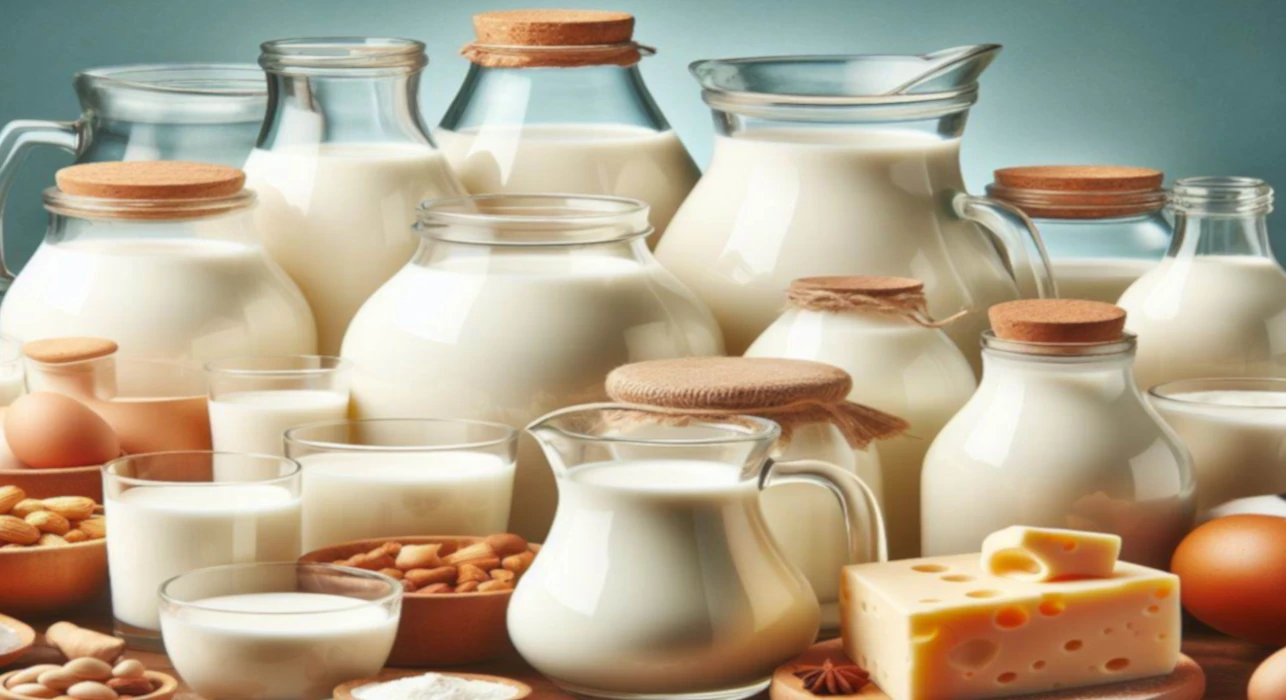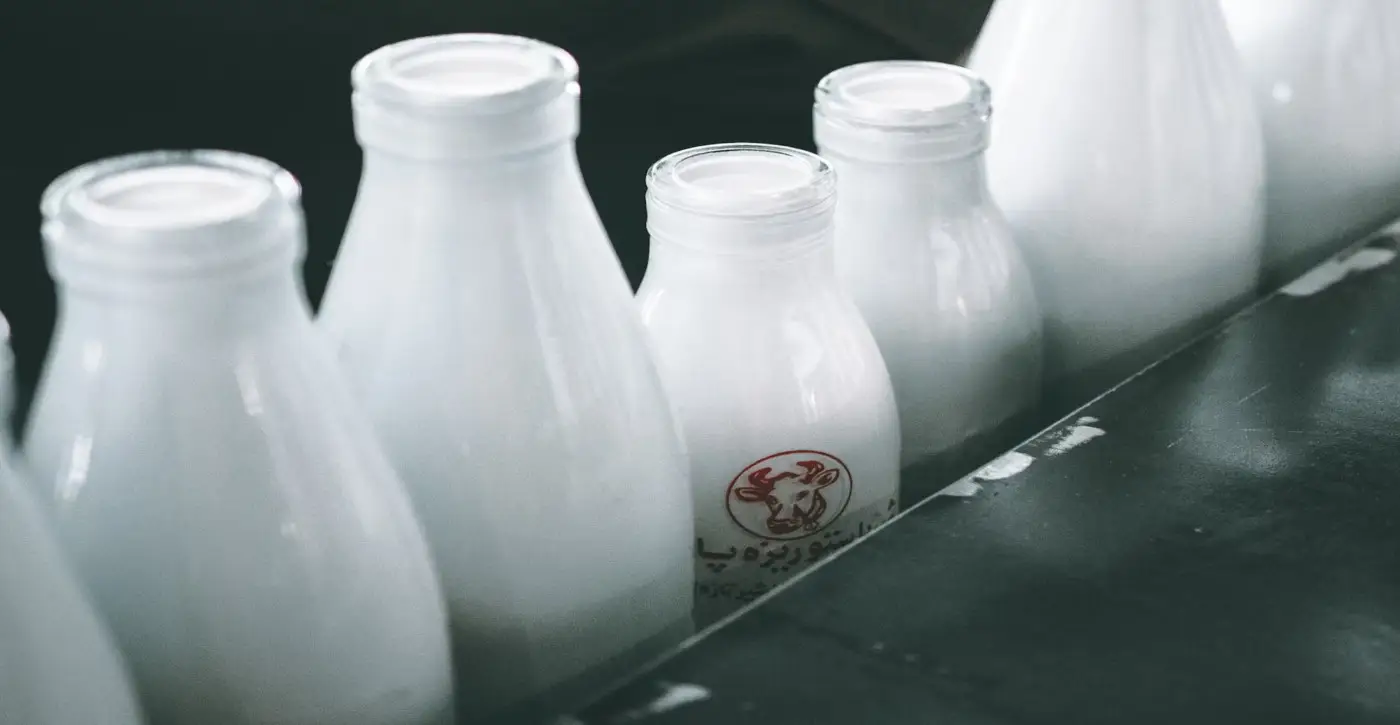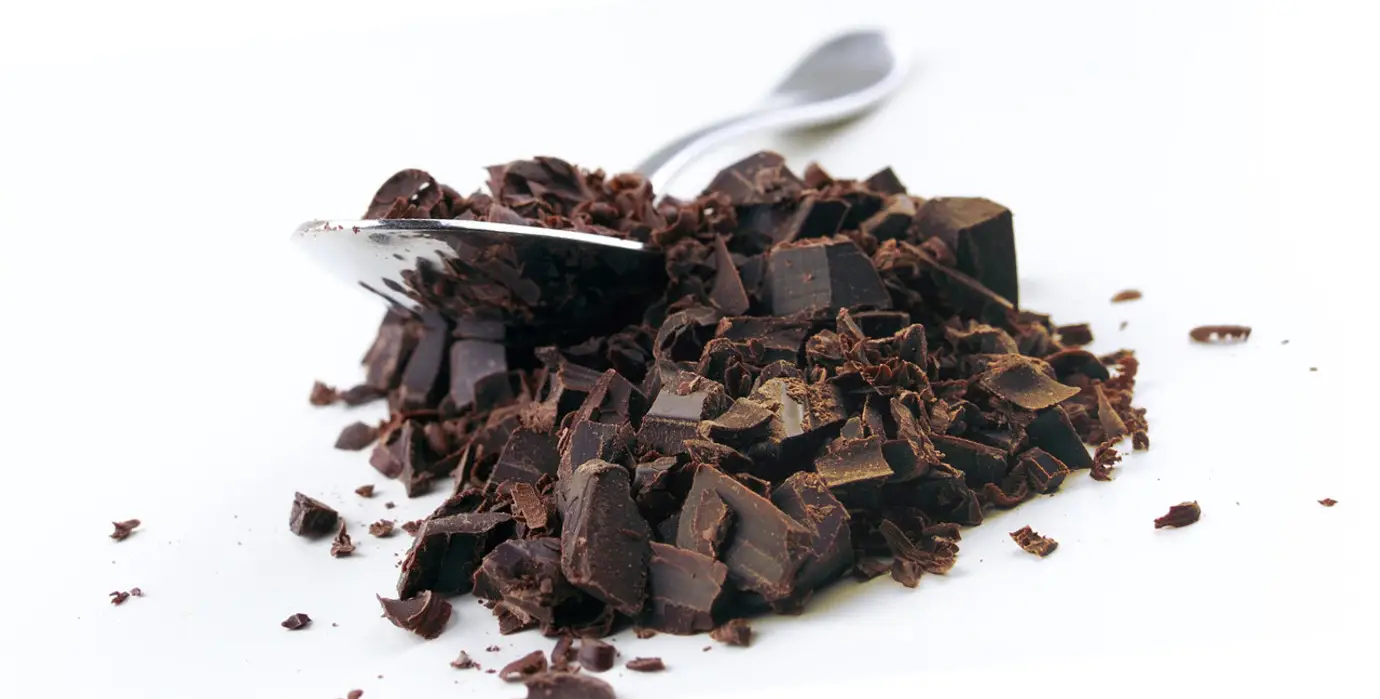Processed Swiss Cheese Lysine and Arginine Info Sheet
Overview
Processed swiss cheese is a type of cheese that is made from natural swiss cheese and other ingredients.It has a smooth, shiny texture and a mild, nutty flavor.
Processed swiss cheese is a good source of protein, calcium, and phosphorus.
It also contains vitamin A, B12, zinc, and selenium. Processed swiss cheese has more sodium, additives, and preservatives than natural cheese.
| Name | Lysine (mg/100g) | Arginine (mg/100g) | Ratio |
|---|---|---|---|
| Processed Swiss Cheese | 2485.71mg | 1046.43mg | 2.375 |
Processed Swiss Cheese contains 2485.71mg of Lysine and 1046.43mg of Arginine per 100g of product.
This means Processed Swiss Cheese has a very high Lysine-Arginine ratio of 2.375.
Because Processed Swiss Cheese contains much higher levels of lysine than arginine, it is highly recommended for people who suffer from herpes, as it may prevent outbreaks.
Lysine Considerations
Processed swiss cheese has a very high amount of lysine, which can provide about 356% of the RDI for an adult.
Lysine can help the body prevent anemia, support bone health, and regulate cholesterol levels.
It's one of the nine amino acids that the body can't produce, so it must be included in our diet.
Lysine has different roles in the body, such as aiding in growth, healing, energy production, immune function, and the production of collagen.
Research indicates that lysine may have an impact on the herpes virus, which is responsible for cold sores and genital sores.
Taking lysine supplements or using lysine cream could potentially prevent or treat these infections by inhibitnig the amino acid arginine, which the virus requires for growth.
Arginine Considerations
Processed swiss cheese has a high amount of arginine, which can provide about 120% of the RDI for an adult.
Arginine can help the body improve insulin sensitivity, enhance memory, and promote wound healing.
Arginine can enhance your overall health and performance, such as lowering your blood pressure, healing your wounds, and boosting your exercise endurance.
Arginine can be made by your body or obtained from foods like meat, dairy, nuts, and soy.
Unfortunately, the herpes virus is known to "feed" on arginine, and having a diet higher in arginine than lysine may increase the occurrence and severity of cold sores and herpes outbreaks.
Lysine-Arginine Ratio
Processed swiss cheese has a high lysine-arginine ratio, which can help protect against HSV infections.
However, some people may experience high blood pressure or allergic reactions from consuming too much dairy products.
Both lysine and arginine are important for protein synthesis and other bodily functions.
The two compounds can affect the herpes simplex virus, which is responsible for cold sores and genital herpes, in opposite ways.
Lysine can the human body or stop the virus from reproducing, while arginine can help it propagate.
Eating foods with a high lysine-arginine ratio could help lower the appearance and severity of herpes flare-ups.
Some foods that have a high lysine-arginine ratio are dairy, fish, poultry, fruits, and vegetables.
These foods can give the body enough lysine to prevent the virus from taking up arginine, and thus stop its growth and spread.
Dietary Considerations
Like other dairy products, cheese is high in lysine and not very high in arginine.
Cheese can help boost the immune system and fight off herpes infections.
Cheese also contains calcium, protein, and vitamin B12, which are essential for overall health.
Parmesan, ricotta, cottage cheese, and cheddar cheese are some of the cheeses that have the most lysine compared to arginine.

For example:
Eating a balanced and nutritious diet that supports your immune system and reduces inflammation.
This means consuming plenty of fruits, vegetables, whole grains, lean protein, and healthy fats, and avoiding processed foods, added sugars, alcohol, and caffeine.
L-lysine supplementscan help you prevent herpes outbreaks and stop a cold sore before it develops by depriving the virus of arginine, which it needs to form a cold sore.
Taking other food supplements that can improve your immunity and protect your cells from oxidative stress, such as vitamin C, zinc, selenium, and antioxidants.
Avoiding foods that can cause allergic reactions or sensitivities, such as gluten, dairy, nuts, eggs, or shellfish.
These foods can trigger inflammation and weaken your immune system, making you more susceptible to outbreaks.
Check more food information






